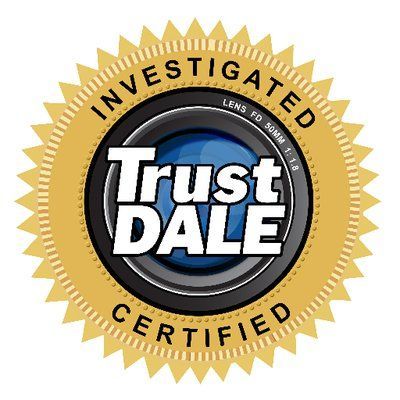

Don't Wait Till Its Too Late...Call The Honest Plumber!
Don't Wait Till It's Too Late...Call The Honest Plumber!
Prepare For The Freeze
December 19, 2022
TIPS TO PROTECT YOUR PIPES
Superior Plumbing Help
Superior Plumbing exists to serve our community and we do that by not charging higher prices during a community crisis. Regular pricing for discovered leaks will apply. Please be aware that we can only repair the leaks that are discovered at the time of service. Other leaks may appear after the event and may require a billable return visit. Please read the tips below for preparation against the freeze.
Freeze Events in Georgia:
- Every winter pipes freeze. Period. The damage from pipes freezing ranges from the inconvenience of not having water until the pipe thaws to extreme property damage and loss caused by flooding.
- The worst combination of conditions is extreme cold combined with wind. While extreme cold is sufficient to cause pipes to freeze, wind will cause the cold to penetrate deeper and will freeze pipes in places that one might not expect to have problems.
- The typical locations for freeze problems in a home are: garages, crawlspaces and unheated basements, outside hose connections and pipes located inside exterior walls
How to Prevent Frozen Pipes:
- Disconnect all outside water hoses and accessories attached to outside faucets. Hoses hold water in the faucet which would otherwise drain out.
- Shut off interior valves that control the flow of water to your outside faucets. These can usually be located inside the house, the basement or the crawlspace on the pipe that supplies the outside faucet. Once the valve is closed remember to open the faucet outside.
- Open cabinets that contain water pipes to allow room heat in.
- Allow faucets, both hot and cold, to drip during the freeze risk. Moving water is less prone to freezing than still water (notice puddles and streams on a cold day, puddles will freeze long before moving water in the stream will). The cost of lost water is smaller than the cost of a freeze break.
- Keep garage doors and windows closed. Consider supplying safe heat to the garage area to keep the temperature above freezing.
- Close all openings (vents, doors, holes) in the crawlspace. Considering supplying safe heat in the crawlspace (you don’t have to make it warm, just keep temperatures above freezing). Electric heat wrap applied to pipes may be a beneficial and practical solution for crawlspaces prone to frozen pipes.
- If you have water pipes in the attic the same principles apply as with garages and crawlspaces, keep cold air out, safely raise the temperature in the space, protect the pipes and keep water moving in the pipes.
- If you are going to be away from the home, or if it is going to be unoccupied do not leave it unheated (unless the house has been professionally “winterized”).
- Insulation does not produce heat, it just helps slow down the loss of heat. Don’t assume that an insulated pipe will not freeze. Adding heat and keeping water moving are more reliable preventive measures than insulation alone.
What To Do When a Pipe is Frozen:
- If a faucet stops delivering water during a cold spell assume that there is ice present in the pipe supplying the faucet. You need to be prepared for what happens when the pipe thaws. Sometimes the frozen water that breaks the pipe will simultaneously seal the break, this is, until the ice melts. Much property damage occurs after the freezing weather leaves and pipes thaw out!
- Assume that a frozen pipe will leak when it thaws! Do not ignore a frozen pipe.
- Locate the main water shut off valve in your home and/or purchase a water meter key (less than $20) and practice shutting the water off before you have an emergency and need to shut it off.
- If you have to leave a house with a frozen pipe, consider shutting the water off before abandoning the house. CAUTION: This practice may prevent flooding if the pipe thaws in your absence, but it may lead to additional pipe freezing.
- If you have a broken pipe you will need the services of a plumber. Plan ahead.







